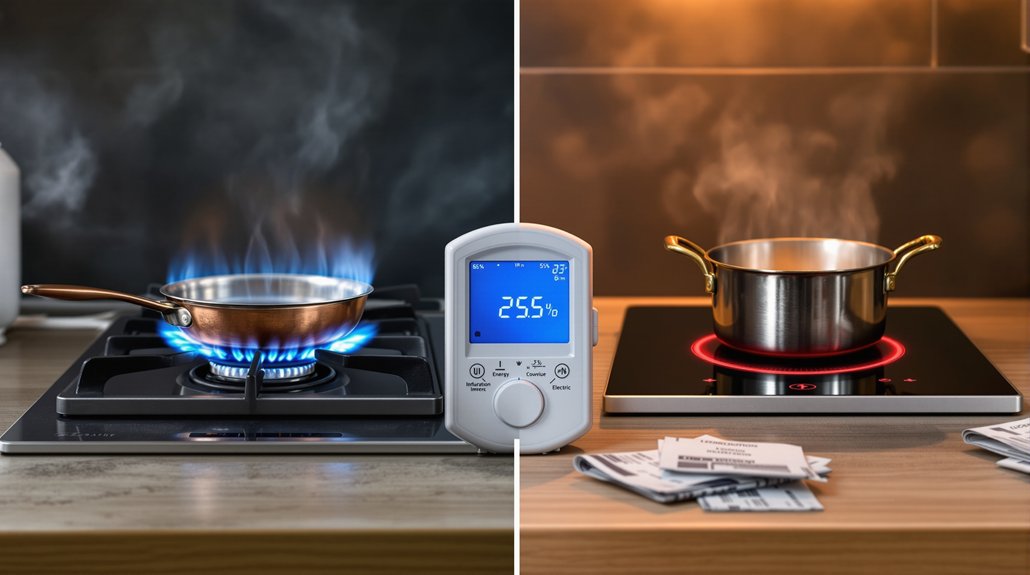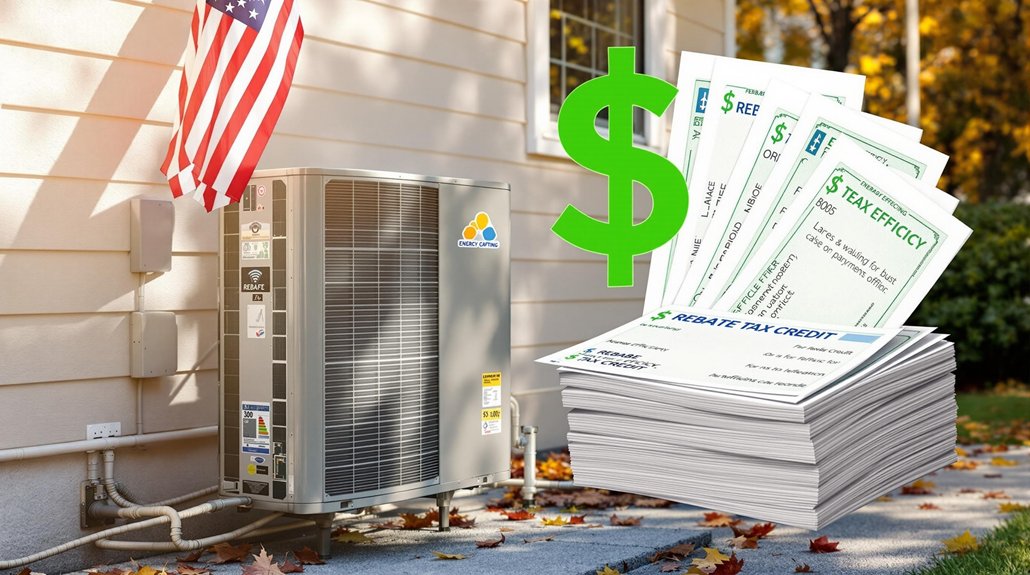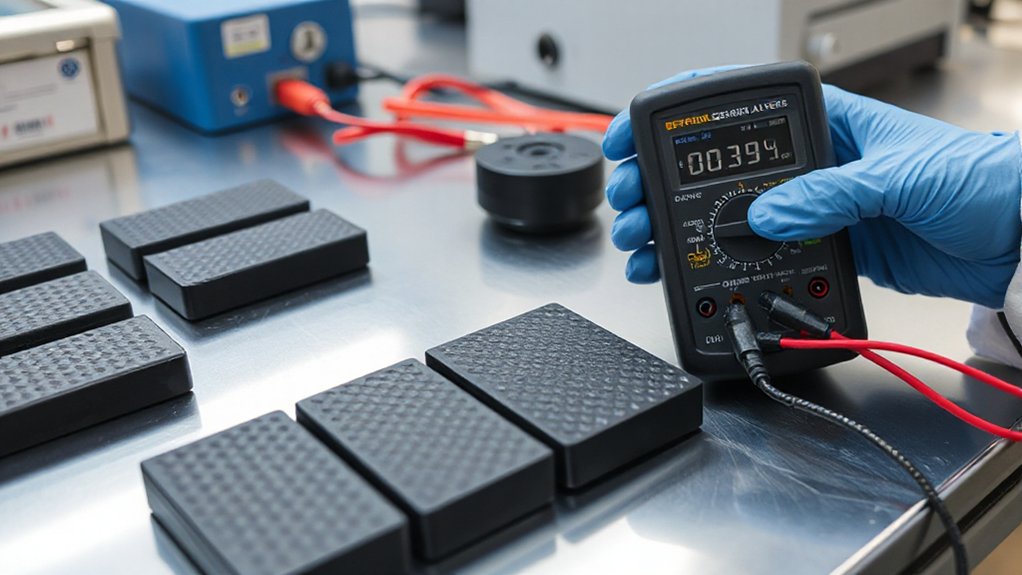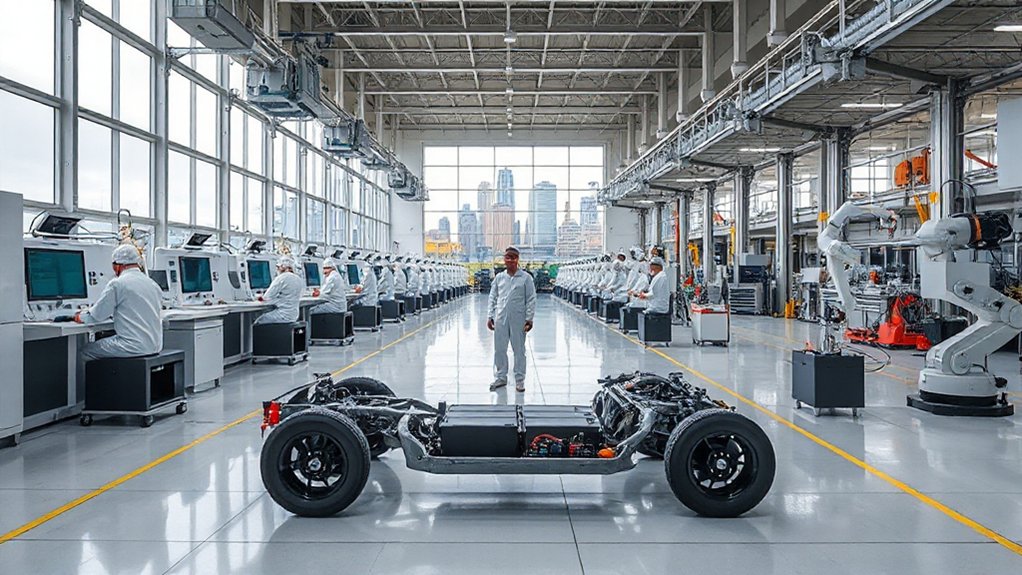Gas appliances typically cost more upfront but may save money over time due to cheaper fuel rates. Electric options have lower initial prices but can lead to higher monthly bills. Gas units often heat faster, while electric ones provide more even cooking temperatures. Safety concerns exist with gas (carbon monoxide risks) that electric units don’t have. Environmental impact differs too, with electric appliances potentially using renewable energy. The true costs extend beyond the price tag.
When homeowners are faced with choosing between gas and electric appliances, they’re often weighing several important factors that affect both their wallets and daily lives. The decision involves comparing upfront costs against long-term expenses, while also considering efficiency, environmental impact, and safety concerns.
Gas appliances typically cost more to purchase and install than their electric counterparts. Homeowners may need to pay for gas line connections if they don’t already exist, adding to the initial expense. Electric appliances are generally cheaper to buy and simpler to install since they don’t require special ventilation or gas infrastructure.
Gas appliances demand higher initial investment, while electric options offer affordability and simpler installation without specialized infrastructure requirements.
Despite higher upfront costs, gas appliances often prove less expensive to operate over time. Natural gas prices are lower than electricity rates in many areas, resulting in smaller monthly bills. However, newer electric models are challenging this advantage. Induction cooktops and heat pumps use energy more efficiently than traditional electric systems, potentially narrowing the cost gap.
Efficiency differences are notable between the two options. Gas stoves heat quickly and provide precise temperature control that many cooks prefer. Electric ovens, however, distribute heat more evenly for baking.
Regarding heating water and drying clothes, gas usually works faster but modern electric heat pump technology is making significant efficiency gains. Gas dryers tend to be more efficient for drying clothes, with their ability to heat up quickly and generate more heat for faster drying cycles.
Environmental considerations increasingly influence appliance choices. Gas appliances produce carbon dioxide and methane emissions during use, contributing to climate change. Electric appliances produce no emissions in the home and can run on renewable energy if the power grid uses clean sources like solar or wind. Adopting electric appliances powered by renewable sources can reduce household carbon dioxide emissions by up to 99% compared to fossil fuel alternatives.
Safety represents another key difference. Gas appliances carry risks of gas leaks, carbon monoxide poisoning, and fire hazards. They require proper ventilation and regular maintenance. Electric appliances eliminate these concerns but still require proper wiring to avoid electrical hazards.
As renewable energy becomes more common, many regions are promoting all-electric homes as part of climate initiatives, suggesting the long-term direction of residential energy use may be shifting toward electricity. When considering repairs, electric appliances typically have fewer specialty parts required than gas models, which can impact maintenance costs over their lifetime.









